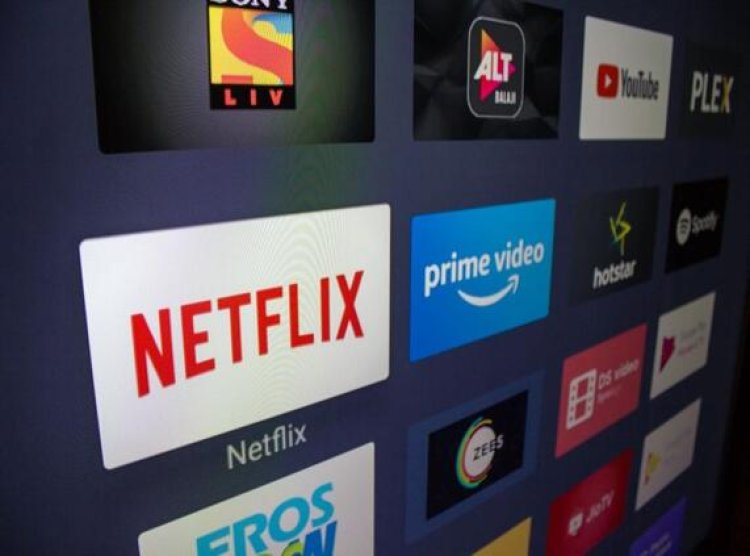OTT platforms shift focus from exclusivity to sharing content rights
Video streaming platforms now syndicate original content to rivals, aiming to enhance distribution, reach, and monetization as paid subscriptions plateau and advertising struggles

Video streaming platforms are shifting away from the exclusive retention of original content, opting instead to syndicate their offerings to rival players in various forms. This strategic pivot is being driven by multiple factors, including the need for broader distribution, enhanced reach, and improved monetization, especially as the growth of paid subscriptions plateaus and advertising revenue remains sluggish.
One notable example of this trend is Atrangii, an app owned by film, television, and web content producer Vibhu Agarwal. Atrangii's shows are now available not only on MX Player but also on the TV channel Star Bharat. Similarly, the Bengali streaming service hoichoi has started dubbing its shows in Hindi for JioCinema. This follows earlier announcements from ZEE5 and Ekta Kapoor-owned ALTBalaji about their content alliance. Industry experts highlight that these partnerships help manage escalating content costs and ensure a steady flow of new material.
Creating new content requires significant time and investment. Soumya Mukherjee, Chief Operating Officer of hoichoi, noted that while their original Bengali programming remains their primary focus, exploring dubbed versions on other platforms allows consumers easy access to their extensive library. This strategy not only maximizes the use of existing content but also broadens the audience reach.
Rajat Agrawal, Director of Ultra Media & Entertainment Group, which operates the Marathi language OTT platform Ultra Jhakaas, agrees that sharing originals with other platforms helps ensure that the content reaches a larger audience. "This not only garners new and more eyeballs for their content but also enhances the brand equity of the original content.
Sandeep Bansal, Managing Director of Chaupal OTT, a platform specializing in Punjabi, Haryanvi, and Bhojpuri content, believes syndication is the future for all OTTs, both national and regional. He points out that national players are always on the lookout for high-quality regional content, which they can acquire from local OTTs. Amazon Prime Video, for instance, has added Chaupal to Prime Video Channels, its content aggregator offering. Bansal noted that while this approach increases brand reach and revenue, it also demands high-quality content to satisfy specific audience segments.
Mehul Gupta, co-founder and CEO of the independent digital agency SoCheers, observed that while larger streaming players will continue to fight to keep their content exclusive, smaller entities will increasingly turn to syndication as a means of monetization. "It is difficult to keep reaching out to the masses otherwise. Users are not going to download every app there is. Especially when the content gets older, you have to spend on advertising," Gupta explained.
Despite the growing trend towards syndication, several experts believe that content exclusivity remains crucial for long-term success in the direct-to-consumer streaming business. Saurabh Srivastava, Chief Operating Officer of Digital Business at Shemaroo Entertainment Ltd, emphasized the importance of maintaining a unique value proposition to encourage subscriber loyalty. "There will always be tremendous value to original content on an OTT platform. Exclusivity maintains the unique value proposition of each platform and encourages subscriber loyalty. It’s a space where real money is to be made in the long term," Srivastava said. He added that such business decisions depend on whether a brand sees itself primarily as an OTT service or an IP studio. While it is possible to create content for both one's own platform and others, maintaining some level of exclusivity is crucial for long-term differentiation and success.
In conclusion, the video streaming landscape is evolving, with platforms increasingly adopting content syndication to navigate market challenges. This approach allows them to maximize the value of their content libraries, reach broader audiences, and improve monetization, all while balancing the need for exclusivity to retain their unique value propositions.

 Sumit Rawat
Sumit Rawat 










